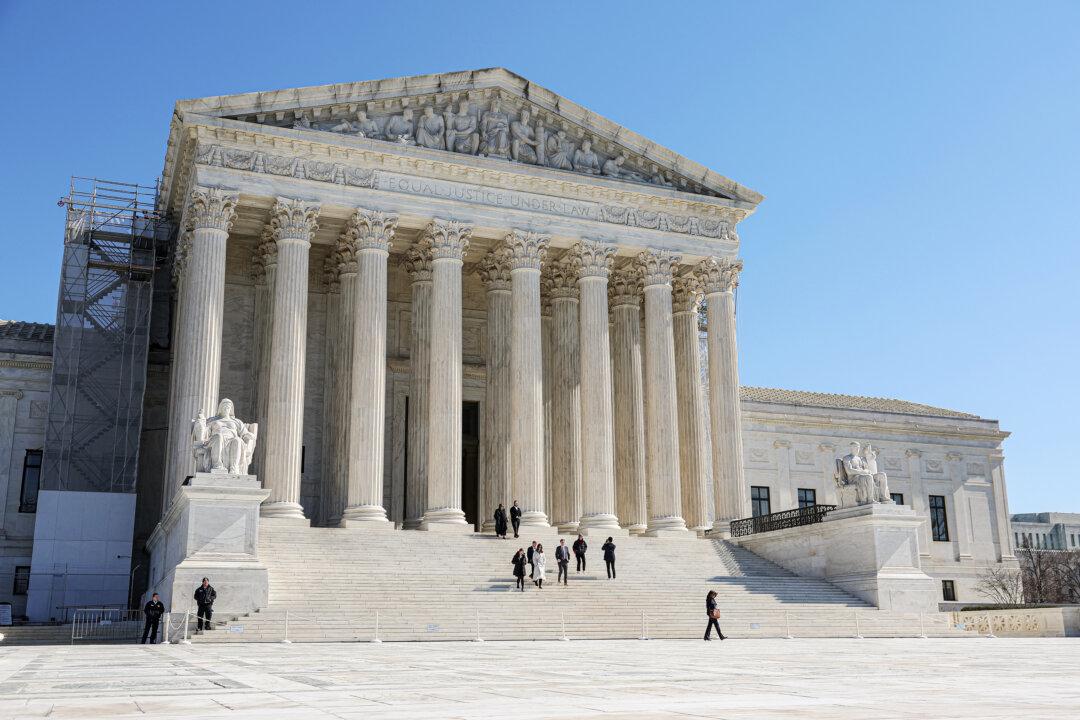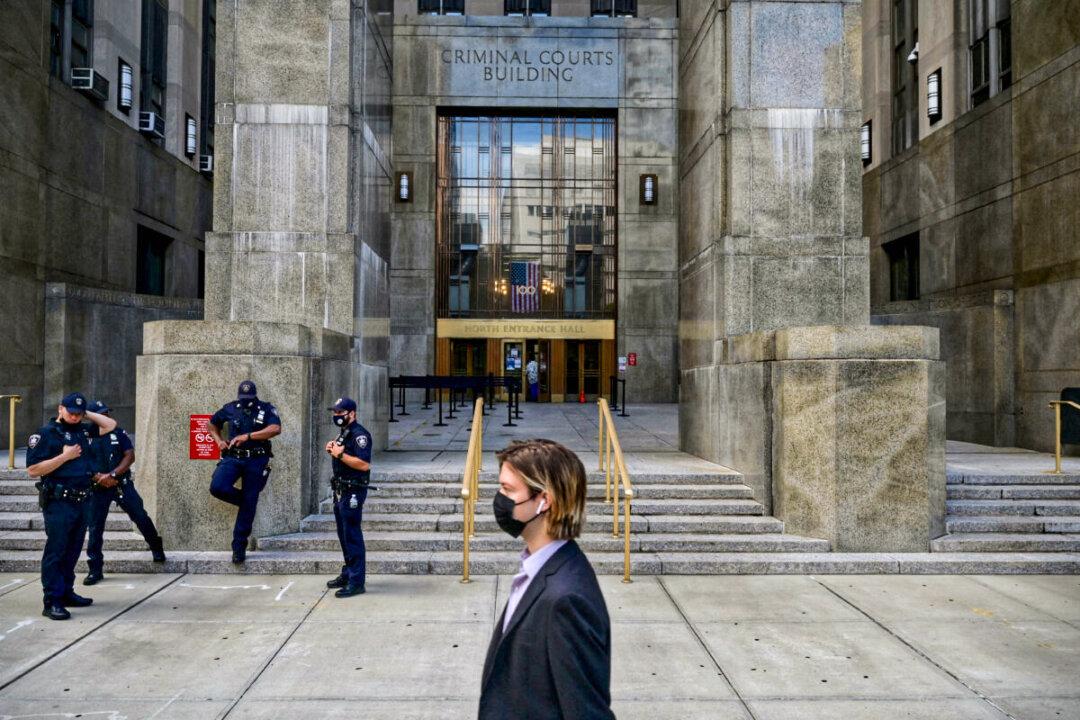 Last week, we witnessed twin victories for the Constitution: the downfall of members of what is now referred to as the “deep state” who have sought to subvert the institutions of democracy, as reflected in the testimony of Peter Strzok; and the supremacy, the ascension, of a white knight dedicated to the faithful interpretation of the Constitution, the rule of law, and the principles of a democratic republic.
Last week, we witnessed twin victories for the Constitution: the downfall of members of what is now referred to as the “deep state” who have sought to subvert the institutions of democracy, as reflected in the testimony of Peter Strzok; and the supremacy, the ascension, of a white knight dedicated to the faithful interpretation of the Constitution, the rule of law, and the principles of a democratic republic.First, there was the congressional testimony of top FBI executive Strzok. Less than a year ago, reporting directly to FBI Director James Comey, Strzok occupied a secure, comfortable position, directing or managing two historically significant investigations, both involving candidates for the highest office in this country, and perhaps the world. Strzok wielded apparently unfettered power, working with fellow senior special agent executives Andrew McCabe and Lisa Page, and believed himself sufficiently free from oversight that he could send and receive tens of thousands of text messages expressing clear (now admitted) political bias, utilizing official FBI devices, while on official FBI duty.





